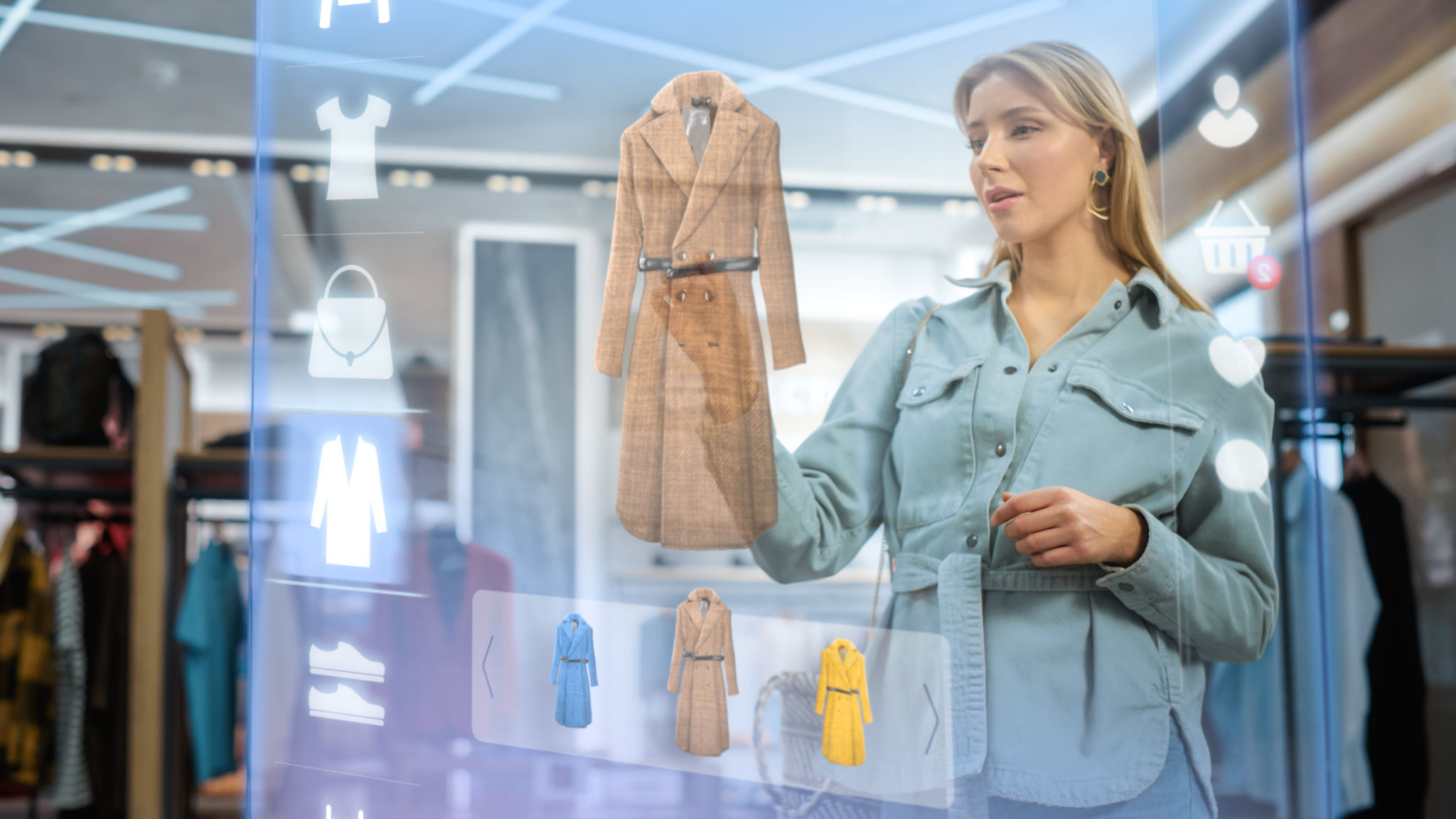Fashion Week Retail Assessments: Optimizing Customer Experience
ZP
Understanding the Importance of Fashion Week for Retailers
Fashion Week is more than just a glamorous showcase of the latest trends and designs; it is a vital event for retailers seeking to align their offerings with current consumer demands. As the fashion industry evolves, retailers must assess and optimize their customer experience to stay relevant and competitive. By understanding the significance of Fashion Week, retailers can better cater to the preferences and expectations of their target audience.
During Fashion Week, top designers set the tone for upcoming seasons, influencing everything from color palettes to fabric choices. Retailers who tap into these insights can curate their inventory to reflect these trends, ensuring that their offerings are both timely and appealing. However, to truly capitalize on this opportunity, a comprehensive assessment of the customer experience is essential.

Assessing the Customer Journey
The customer journey encompasses every interaction a consumer has with a brand, from initial awareness to post-purchase engagement. Retailers need to evaluate each touchpoint to identify areas for improvement. This involves analyzing website navigation, in-store atmosphere, product availability, and customer service quality. By optimizing these elements, retailers can create a seamless and enjoyable shopping experience that encourages repeat business.
In particular, retailers should focus on enhancing their digital presence. With more consumers shopping online than ever before, a user-friendly website with intuitive navigation and fast loading times is crucial. Additionally, offering personalized recommendations based on browsing history or previous purchases can significantly enhance the customer experience.
Incorporating Technology for Enhanced Engagement
Technology plays a key role in transforming the retail landscape. By integrating innovative solutions such as augmented reality (AR) and virtual reality (VR), retailers can provide immersive experiences that engage customers in new ways. For instance, AR apps allow customers to visualize how clothing items will look on them without having to try them on physically.

Moreover, leveraging AI-driven chatbots can improve customer service by providing instant assistance and answering frequently asked questions. These technologies not only enhance customer engagement but also streamline operations, allowing staff to focus on more complex tasks.
Personalization: The Key to Customer Loyalty
In today's competitive market, personalization is no longer optional but a necessity. Customers expect tailored experiences that cater to their individual preferences and needs. Retailers can achieve this by using data analytics to gain insights into customer behavior and preferences.
By segmenting their audience based on these insights, retailers can create targeted marketing campaigns that resonate with specific consumer groups. Personalized emails, product recommendations, and exclusive offers can significantly boost customer satisfaction and foster loyalty.

Training Staff for Exceptional Service
While technology and personalization are vital components of an optimized customer experience, the human element should not be overlooked. Well-trained staff can make a significant difference in how customers perceive a brand. Employees should be knowledgeable about product offerings and empowered to assist customers effectively.
Investing in regular training programs ensures that staff are equipped with the skills necessary to deliver exceptional service. This includes understanding current fashion trends, effective communication techniques, and problem-solving strategies.
Evaluating and Adapting Strategies
Finally, continuous evaluation and adaptation are essential for long-term success. Retailers should regularly assess the effectiveness of their customer experience strategies through feedback mechanisms such as surveys and reviews. This information can provide valuable insights into what is working well and what needs improvement.
By remaining agile and open to change, retailers can adapt to evolving consumer preferences and industry trends. This proactive approach ensures that they remain competitive in a rapidly changing market.

In conclusion, optimizing the customer experience during Fashion Week requires a multifaceted approach that encompasses technology, personalization, staff training, and continuous evaluation. By focusing on these areas, retailers can not only meet but exceed customer expectations, driving sales and fostering brand loyalty in the process.